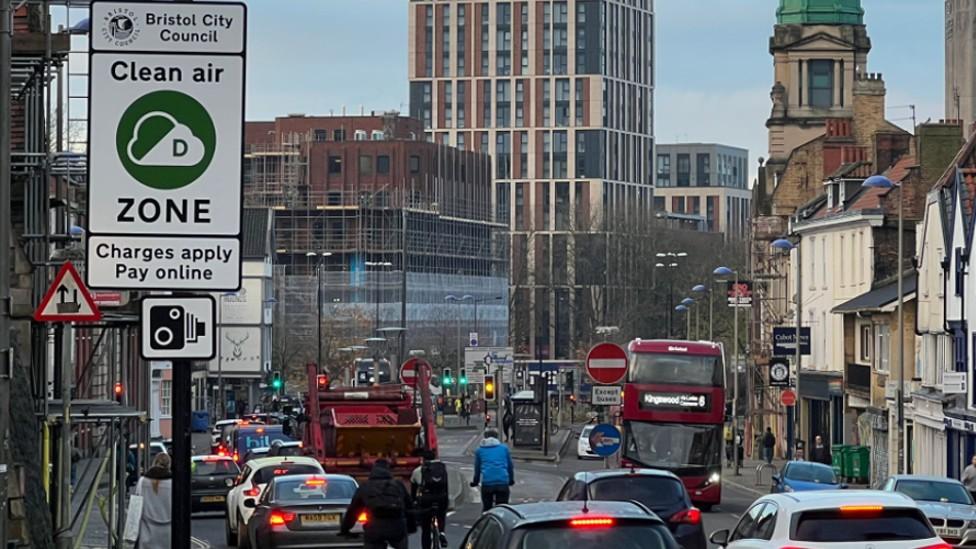Bristol Clean Air Zone raises £26m in one year
- Published
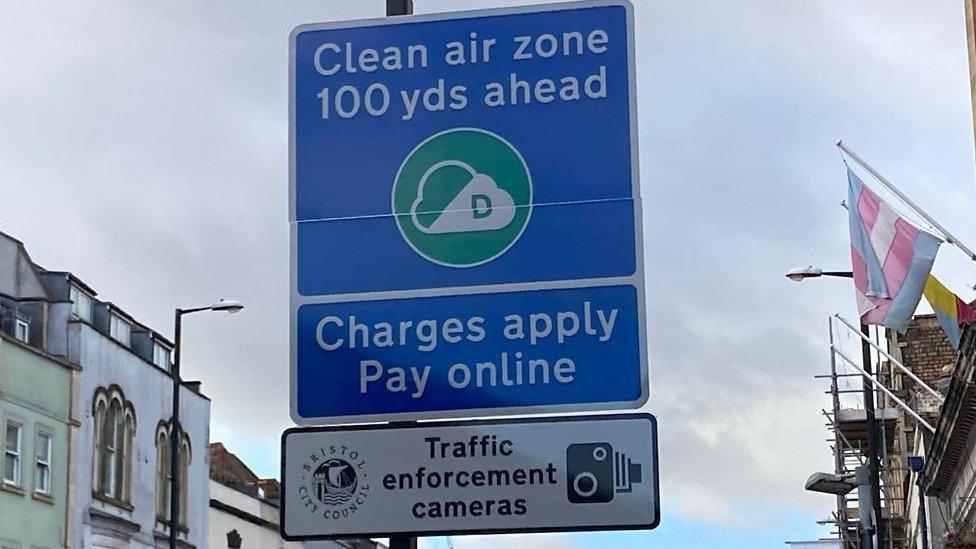
The clean air zone was introduced in November 2022
Bristol's Clean Air Zone (CAZ) raised £26m in its first year of operation, according to council figures.
The CAZ was launched on 28 November 2022 and charges drivers of the most polluting vehicles to enter the city centre.
Nitrogen dioxide (NO2) levels dropped by an average of 12.6% inside the CAZ and by around 7.8% elsewhere in the city, a council report said.
Bristol's mayor said money raised could be spent on improving transport.
"We can invest in active travel, supporting bus routes, improving our public fleet," Marvin Rees added.
In total, the CAZ brought in £31m between November 2022 and December 2023, but the zone has operating costs of £5m which are paid for by the charges.
In the same period, the report said NO2 levels fell by 19% outside the Bristol Royal Infirmary and Children's Hospital - a reduction of 36.1 micrograms per cubic metre of air (µg/m3) to 29.1 µg/m3.
The greatest reduction of the pollutant was 27.5% recorded on Park Row, according to the figures.
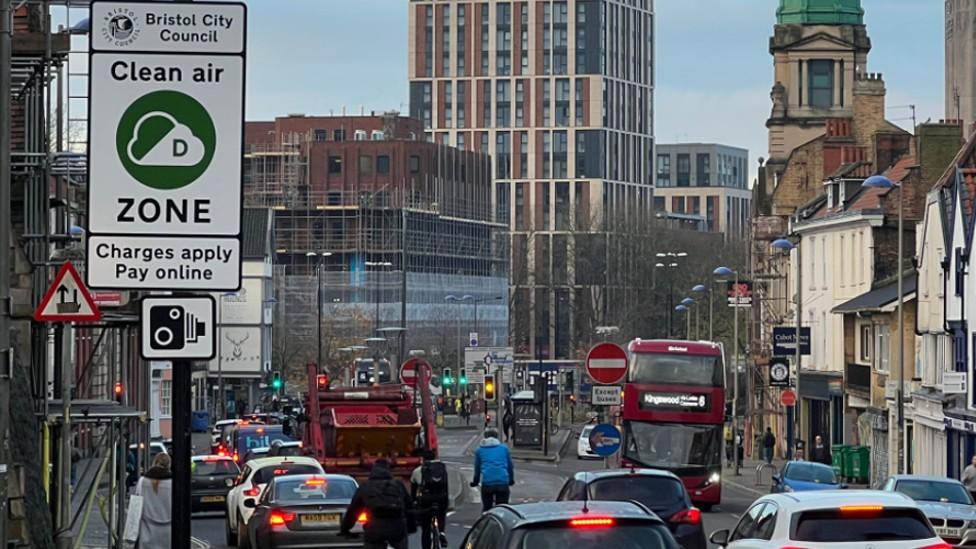
More than 280,000 penalty charge notices were paid in the first year of the CAZ
Drivers who enter the CAZ and fail to pay the daily fee are issued a penalty charge notice which is reduced if paid within 14 days.
A total of 285,645 penalty charge notices were paid by drivers, and 91,125 cases were written off when enforcement agents were unable to recover the debt.
The report said 76,221 charges were appealed but Bristol City Council rejected 66% of these appeals.
If rejected, drivers can take their appeals to an independent traffic penalty tribunal. The report said out of 985 cases, 642 of them were settled in favour of the driver.
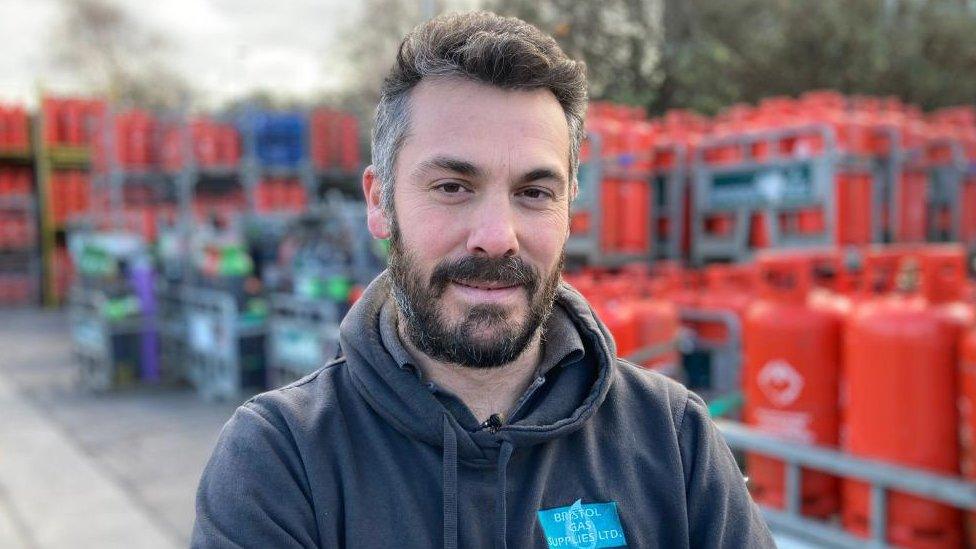
Alex Hignell from Bristol Gas Supplies Ltd. said the CAZ had affected his business
One business said the introduction of the CAZ had meant some of its drivers needed to take longer journeys.
Alex Hignell, director of Bristol Gas Supplies, said: "We've spent over £400,000 on six new vehicles, we've had to take routes into places that we wouldn't usually have to.
"Our garage for the vehicles is just inside the zone, we have to take a 25-minute detour to get there to avoid the CAZ, when going straight there would have taken five minutes," he added.
'Blunt instrument'
Mr Rees said the CAZ was a legal requirement imposed by the government to try and reduce air pollution in the city.
"It was a blunt instrument, but it has improved air quality.
"I'm pleased that the quality of air in Bristol is better, and is continuing to improve," he said.
The full figures for the first year of Bristol's CAZ will be presented at a meeting of the city council's cabinet, external on 23 January.

Follow BBC West on Facebook, external, X, external and Instagram, external. Send your story ideas to: bristol@bbc.co.uk , external
Related topics
- Published17 August 2023
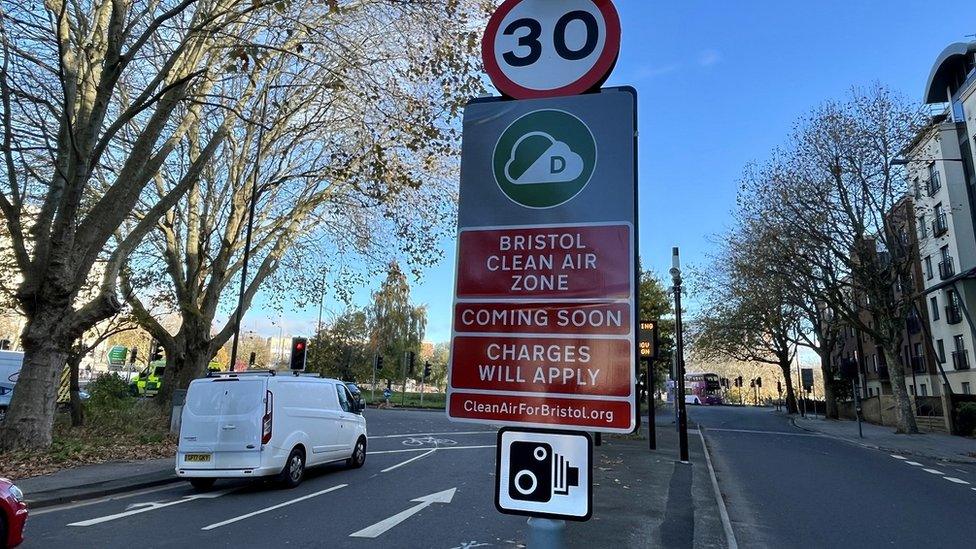
- Published12 December 2023

- Published3 December 2023
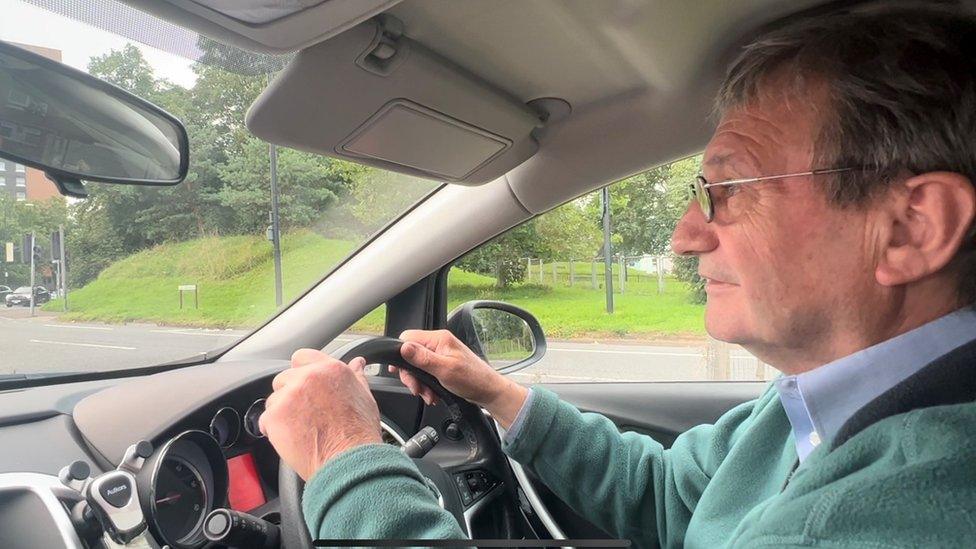
- Published28 November 2022
